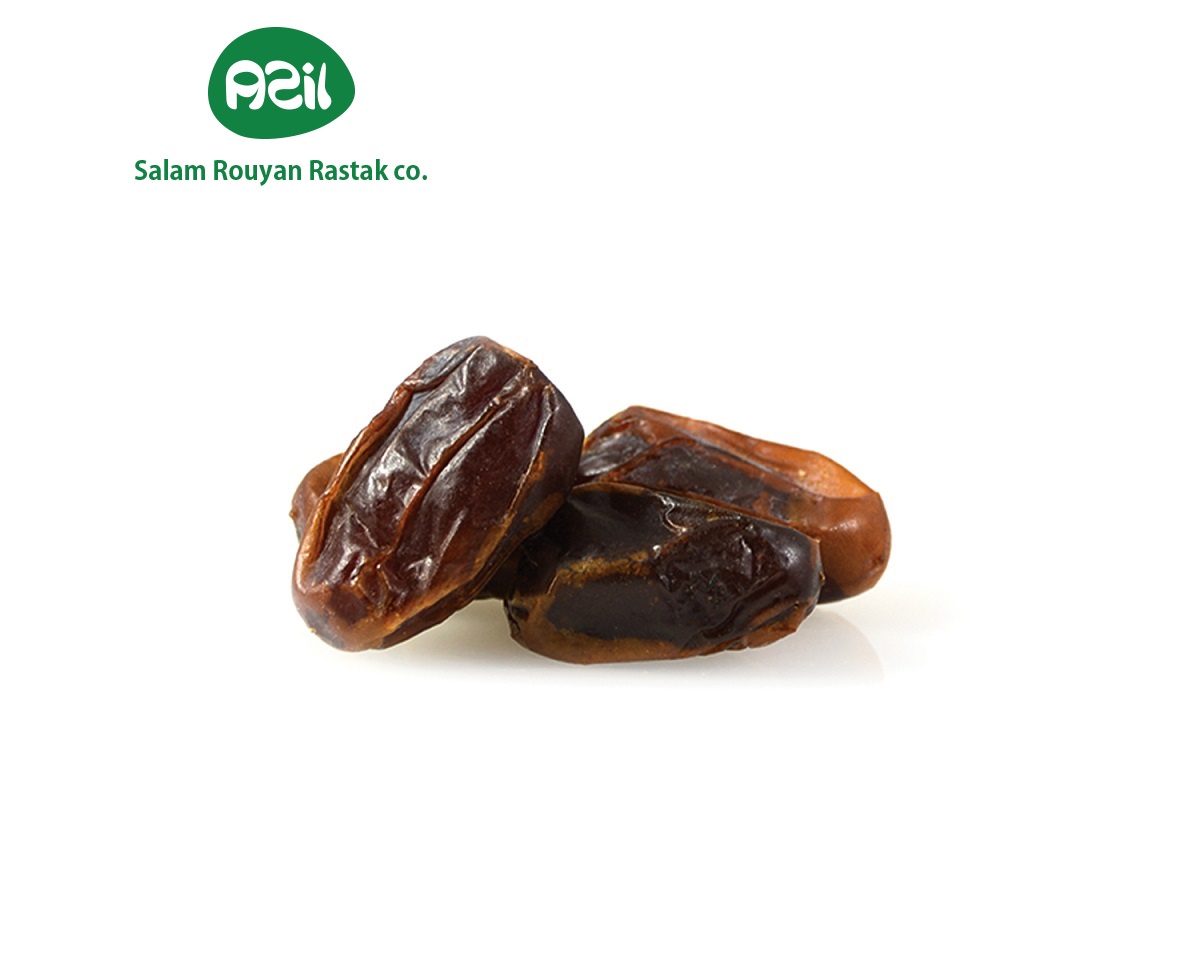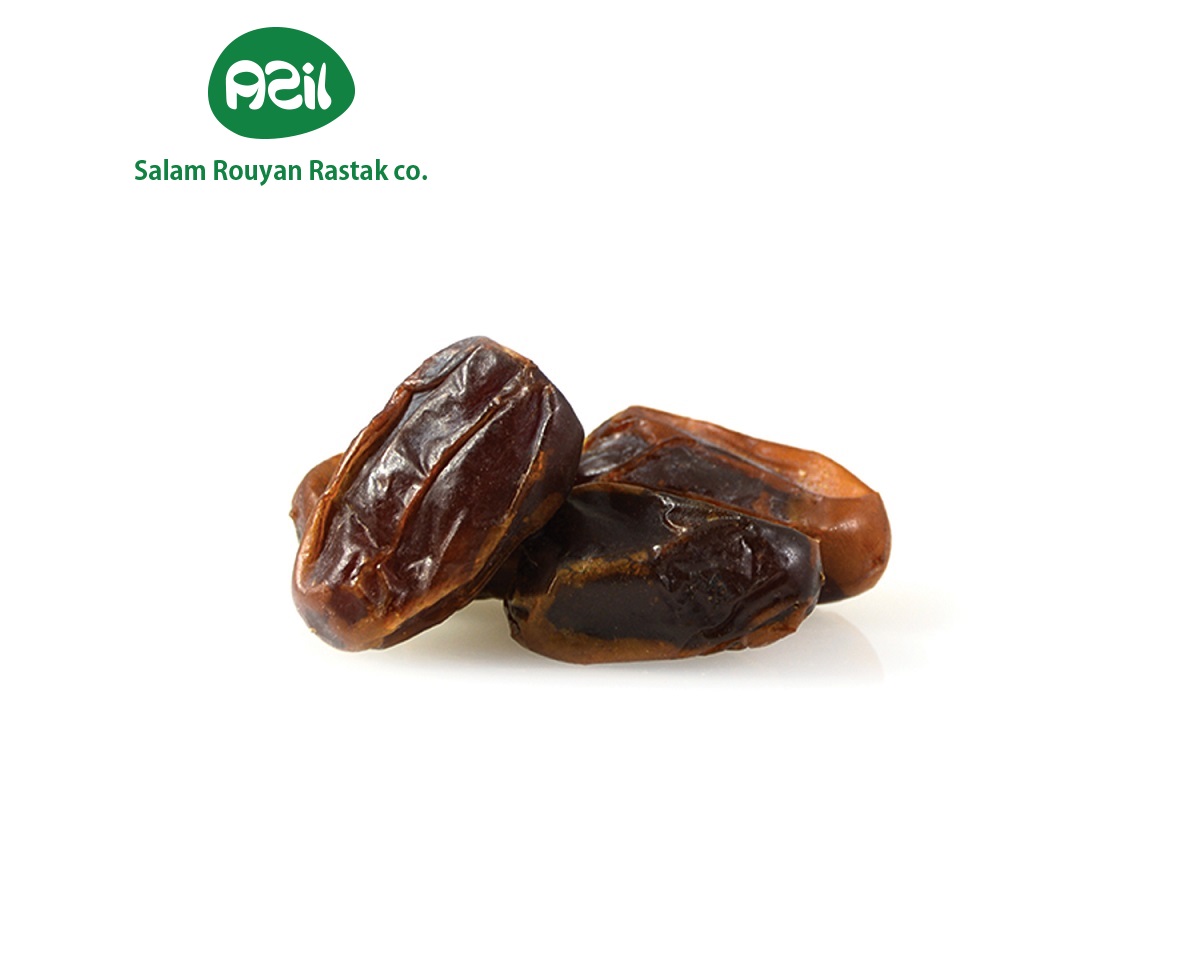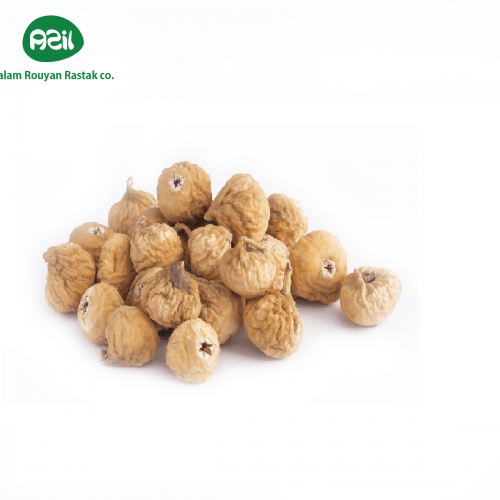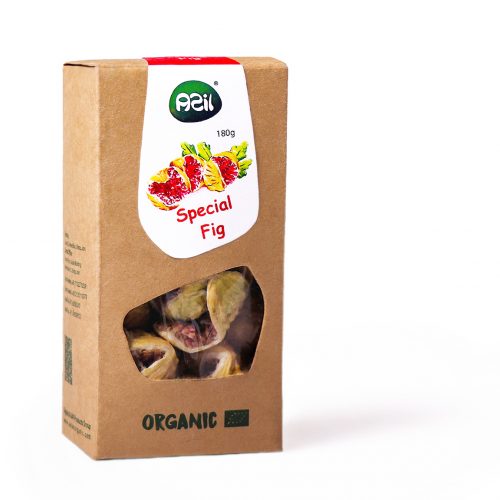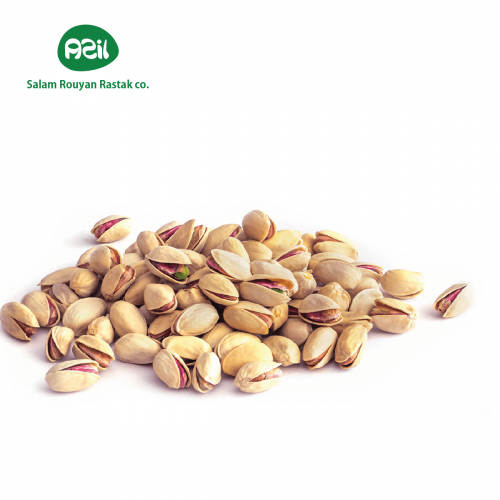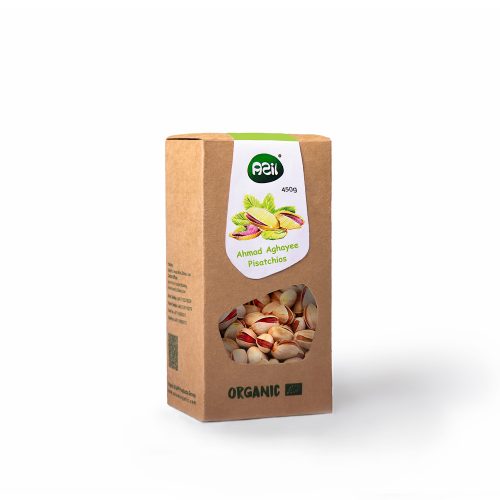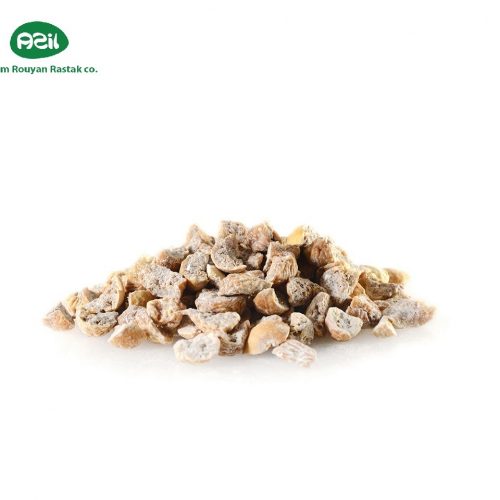Azil Organic Kabkab Dates
- Semi-dry and sweet
Type : Organic & Conventional
Azil Organic Kabkab Dates
All dates due to their natural nutritious substances have high nutritious value. Kabkab date, Zahedi date, Piarom date, Rabbi date, and bam fresh Mazafati dates are all rich in nutrients and contain minerals (potassium, magnesium, protein, etc.), Vitamins (like vitamin A, vitamin B complex, vitamin C, etc.) and sugars (like fructose, etc.).
Packaging Information
| Harvest period : | September |
| Harvest method : | Manual |
| Packaging | Plastic bags in cartons |
| Bulk ( Each Carton ) : | 5 kg |
| Retails : | gr |
| Number of boxes per cartons : | |
| Number of Cartons per pallets : |
The date fruit consists of 70 % carbohydrates (mostly sugars), making it one of the most nourishing natural foods available to man. The water content is between 15 to 30% depending on the type and on the maturity stage of the fruit.
Kabkab Date nutritional facts
In most varieties, the sugar content of a date fruit is almost entirely of the inverted form (namely glucose and fructose), important for people who cannot tolerate sucrose. The invert sugar in dates is immediately absorbed by the human body without being subject to digestion like ordinary sugar.
The flesh of dates contains 60 to 65% sugar, about 2.5% fiber, 2% protein and less than 2% fat, minerals, and pectin substances. Date fruits are also a good source of iron, potassium and calcium, with a very low sodium and fat content. In addition, moderate quantities of chlorine, phosphorous, copper, magnesium, silicon and Sulphur are also found in the date fruit.
Its high content of magnesium (±600 mg/1kg of dates) could also be very beneficial.
With only 1 mg of sodium per 100 g, dates are good food for those on a low sodium diet. The iron content of 3 mg per 100g is almost a third Recommended Dietary Allowance for an adult male.
Note that fiber, even though not a nutrient for humans is of much value in a diet as an aid to digestion and evacuation. There is ample evidence that for most people a diet fairly high in fiber is healthier than one low in fiber.
Furthermore, dates are a good source of vitamins A, B1 (thiamine), B2 (riboflavin), and B7 (nicotinic acid also called niacin). The following contents per kilogram are an average for all date varieties: vitamin A, 484 international units; B1, 0.77 milligram (mg); B2, 0.84 mg; and B7, 18.9 mg.
Reference: Azil

